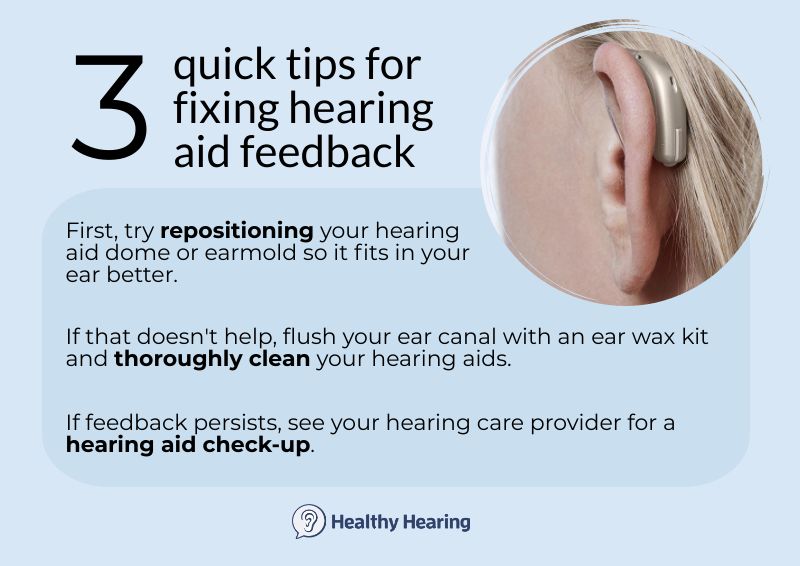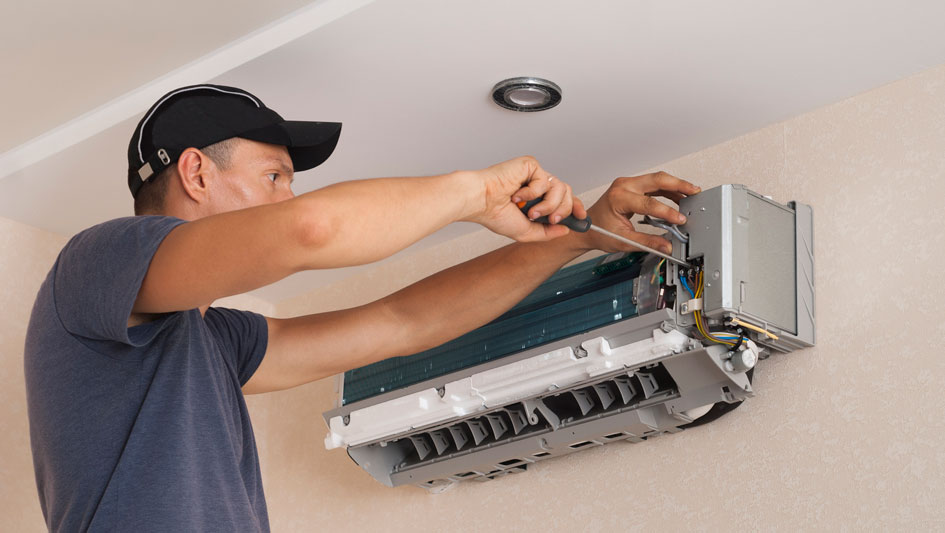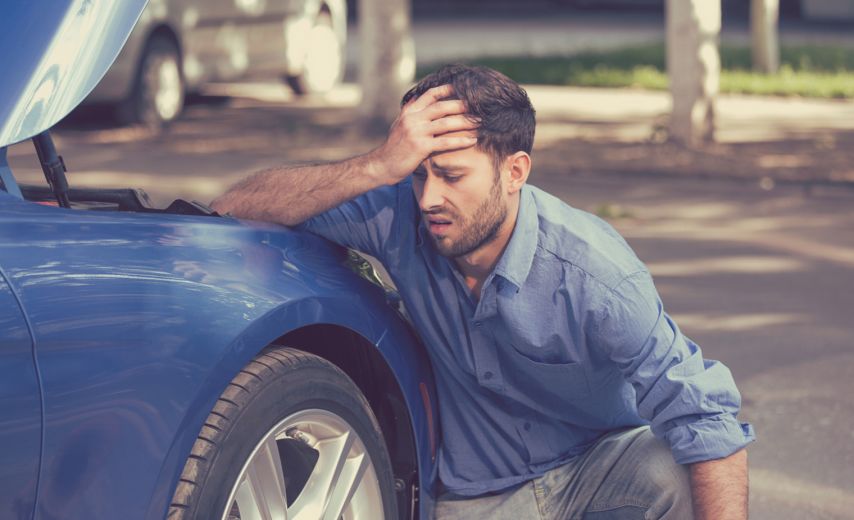If your vacuum is making a high-pitched noise, it could be due to incorrect height adjustment or a blockage in the hose or nozzle. Switching to a lower height setting and checking for debris in the hose and nozzle can help resolve the issue.

Common Causes Of High-pitched Noise In Vacuums
If your vacuum is making a high-pitched noise, it may be due to a few common causes. One possibility is that the vacuum’s height is set too high, causing a lack of effective suction. Another potential issue could be a clogged hose or nozzle, inhibiting air flow.
Checking and cleaning the filters, as well as inspecting the brush roll and belt, can also help troubleshoot the problem.
If you’ve ever noticed a high-pitched noise coming from your vacuum cleaner, you’re not alone. This annoying sound can be indicative of a variety of issues that need to be addressed in order to restore your vacuum to its efficient and quiet state.
Incorrect Height Adjustment
One common cause of a high-pitched noise in vacuums is an incorrect height adjustment. If your vacuum cleaner is set too high for the current surface, it won’t be able to create an effective zone of suction. This can lead to a higher-pitched sound than usual, along with a failure to pick up debris. To fix this issue, try switching to a lower height setting and see if it helps.
Clogged Hose Or Nozzle
Another possible cause of a high-pitched noise is a clogged hose or nozzle. When dirt, debris, or other materials get stuck in these areas, it can obstruct the airflow and create a whistling sound. To address this issue, check the hose and nozzle for any signs of blockage. If you find any obstructions, remove them carefully to restore proper airflow and eliminate the high-pitched noise.
Dirty Filters
Dirty filters can also contribute to a high-pitched noise in vacuums. Over time, dust and debris can accumulate on the filters, reducing their effectiveness and causing the vacuum to work harder. This increased strain can result in a higher-pitched sound. To resolve this issue, regularly clean or replace the filters as recommended by the manufacturer.
damaged Brush Roll
A damaged brush roll can also be a culprit behind a high-pitched noise in vacuums. If the brush roll becomes worn out or damaged, it may start making irregular or louder noises. Inspect the brush roll carefully for any signs of damage, such as missing bristles or a misaligned roll. If you notice any issues, consider replacing the brush roll to eliminate the high-pitched noise.
Airflow Obstruction
Airflow obstructions can cause a vacuum cleaner to produce a high-pitched noise. When there are blockages or restrictions in the airflow path, the vacuum struggles to suction efficiently, leading to a whistling sound. Check the hoses, attachments, and canister for any potential obstructions and clear them out to restore normal airflow and silence the high-pitched noise.
How To Troubleshoot And Fix The High-pitched Noise
If you’ve been hearing a high-pitched noise coming from your vacuum cleaner, it’s important to address the issue as soon as possible. Not only can the noise be annoying, but it can also be a sign of a problem that needs attention. In this section, we will discuss some common troubleshooting steps to help you identify and fix the high-pitched noise.
Check And Adjust The Height
To begin troubleshooting, the first thing you should do is check and adjust the height of your vacuum cleaner. If the vacuum is set too high for the current surface, it may not be able to create an effective zone of suction. This can result in a higher-pitched sound and a failure to pick up debris. To fix this issue, switch to a lower height and see if it helps resolve the noise problem.
Clear Any Blockages In The Hose Or Nozzle
Another common cause of a high-pitched noise in a vacuum cleaner is a blockage in the hose or nozzle. When the airflow is obstructed, it can create a whistling or squeaking sound. To resolve this issue, carefully inspect the hose and nozzle for any blockages. Use a long, thin object like a broomstick or a wire hanger to remove any debris that may be clogging the airflow.
Clean Or Replace Dirty Filters
Dirty filters can also contribute to a high-pitched noise in your vacuum cleaner. When the filters become clogged with dust and dirt, they can impede the airflow and cause the machine to work harder, resulting in a noise. To fix this issue, locate the filters in your vacuum cleaner and clean or replace them, depending on the manufacturer’s recommendations. Regularly maintaining and cleaning your filters will not only prevent noise but also improve the overall performance of your vacuum cleaner.
Inspect And Replace Damaged Brush Roll
A damaged brush roll can be another culprit behind the high-pitched noise in your vacuum cleaner. If the brush roll is worn out, bent, or has loose bristles, it can create a loud whirring or squeaking sound. To resolve this issue, inspect the brush roll and replace it if necessary. Refer to your vacuum cleaner’s user manual or contact the manufacturer for guidance on how to safely remove and replace the brush roll.
Resolve Airflow Obstructions
In some cases, the high-pitched noise in your vacuum cleaner may be caused by airflow obstructions in other parts of the machine, such as the motor compartment or the suction hose. Inspect these areas carefully and remove any visible debris or blockages that may be interfering with the airflow. This will help the vacuum cleaner work more efficiently and reduce the noise.
By following these troubleshooting steps, you can identify and fix the high-pitched noise in your vacuum cleaner. Remember to always refer to your vacuum cleaner’s user manual or contact the manufacturer for specific guidance and instructions.
Tips To Prevent High-pitched Noise In Vacuums
To prevent high-pitched noises in vacuums, ensure the height adjustment is correct, check for blockages in the hose or nozzle, clean or replace filters, and inspect the brush roll for damage. Avoiding these issues can help reduce excessive noise and improve suction efficiency.
Regularly Clean And Maintain Your Vacuum
To prevent high-pitched noise in your vacuum, it is crucial to regularly clean and maintain it. Dirt, debris, and tangled hair can build up in the brushroll, causing it to spin off balance and create a high-pitched noise. Additionally, clogged filters can restrict airflow and make the motor strain, resulting in a whistling sound. By undertaking regular cleaning and maintenance tasks, you can keep your vacuum in top working condition.
Properly Store And Handle Your Vacuum
Proper storage and handling of your vacuum can also contribute to preventing high-pitched noise. When storing your vacuum, ensure it is kept in a dry and clean area to avoid dirt and moisture damage. Handling it carefully and avoiding dropping or mishandling can prevent any internal components from shifting or getting damaged, leading to noise issues. By following these simple practices, you can maintain the optimal performance of your vacuum.
Use The Correct Height Adjustment
Using the correct height adjustment is essential for preventing high-pitched noise in your vacuum. If the height is set too high for the current surface, the vacuum won’t be able to create an effective zone of suction, resulting in reduced performance and a higher-pitched sound. Always refer to the manufacturer’s instructions to ensure you are using the appropriate height adjustment for the specific flooring or surface you are cleaning.
Empty And Replace Dust Containers Or Bags
Emptying and replacing dust containers or bags is another key tip to prevent high-pitched noise. A full dust container or bag can restrict airflow, causing the motor to strain and produce a whistling sound. Make sure to regularly empty the dust container and replace bags as recommended by the manufacturer to maintain proper suction and reduce noise levels. This simple maintenance task can help extend the lifespan of your vacuum.
Clean Or Replace Filters
Cleaning or replacing filters is crucial for preventing high-pitched noise in your vacuum. Over time, filters can become clogged with dirt and debris, obstructing airflow and causing the motor to work harder. This can result in a whistling or high-pitched sound. Regularly clean or replace filters, as instructed by the manufacturer, to ensure optimal performance and minimize noise. By paying attention to filter maintenance, you can keep your vacuum running smoothly and quietly.

When To Seek Professional Assistance
If you find your vacuum cleaner making a persistent high-pitched noise, it may be time to seek professional assistance. While some loud noises can be resolved through simple troubleshooting, certain situations require the expertise of a professional to ensure your vacuum is functioning optimally. Below are a few scenarios where professional assistance is necessary:
Persistent High-pitched Noise
If your vacuum continues to emit a high-pitched noise even after attempting basic troubleshooting, it is recommended to contact a professional. This could indicate a more complex issue that requires specialized knowledge and tools to diagnose and fix. Professional technicians have the experience to identify the root cause of the noise and can provide appropriate solutions.
Unresolved Airflow Obstructions
If you have attempted to remove airflow obstructions in your vacuum cleaner but continue to hear a high-pitched noise, it is time to consult a professional. Airflow obstructions can significantly impact the performance and lifespan of your vacuum. A professional technician can thoroughly inspect and clean the system to ensure optimal airflow and silence the high-pitched noise.
Extensive Damage To Vacuum Components
If you notice visible damage to essential components of your vacuum cleaner, such as the motor or fan, it is essential to seek professional assistance. Attempting to repair extensive damage without the necessary expertise can lead to further issues or even render the vacuum inoperable. A professional technician can assess the damage and provide appropriate repair or replacement options.
Repeated Issues Despite Troubleshooting
If you have recurrent high-pitched noises in your vacuum despite troubleshooting attempts, it is advisable to consult a professional. This pattern may indicate an underlying issue that requires a more in-depth analysis. A professional technician can thoroughly diagnose the problem, identify any hidden issues, and provide a comprehensive solution to prevent further recurrence.
Lack Of Technical Knowledge Or Experience
Lastly, if you lack technical knowledge or experience in handling vacuum cleaner issues, it is best to leave the troubleshooting and repairs to professionals. Vacuum cleaners can be complex machines, and incorrect handling may void warranties or cause more harm than good. Trusting professionals with years of experience ensures the problem is resolved correctly without causing any additional complications.
Remember, when it comes to your vacuum cleaner’s health and longevity, seeking professional assistance ensures the best possible outcome. Don’t hesitate to reach out to a qualified technician if you encounter persistent high-pitched noises or face challenges beyond your expertise. They can provide the necessary expertise and guidance to get your vacuum cleaner running smoothly once again.

Frequently Asked Questions Of Why Is My Vacuum Making A High-pitched Noise
Why Does My Vacuum Have A High Pitched Noise?
A high pitched noise from your vacuum could be due to the vacuum being set too high, resulting in ineffective suction. Try adjusting it to a lower height. It could also be caused by a blockage in the device, such as a clogged hose or nozzle.
Clean or replace the filter and clear any debris from the hose and nozzle to resolve the issue.
How Do I Stop My Vacuum From Whistling?
To stop your vacuum from whistling, first check if the dust container or bag is full and replace them if necessary. If that’s not the issue, there may be a blockage in the device. Check the hose and nozzle for any debris and clean them out.
Also, ensure that the filters are clean.
How Do I Fix My Vacuum Making Loud Noise?
To fix your vacuum making a loud noise, try the following: 1. Check the height adjustment and ensure it is correct. 2. Make sure the hose is securely attached to the suction opening and check for any cracks or holes.
3. Clean or replace dirty filters. 4. Inspect the brush roll for damage. 5. Look for blockages in the pipes and clear them. By addressing these issues, you can reduce the loud noise from your vacuum.
Why Is My Vacuum Making A Weird Suction Noise?
If your vacuum is making a weird suction noise, it could be due to a blockage. Turn off the vacuum, check for blockages in the pipes and remove them. Also, empty the canister to remove any possible blockages. Another possible cause could be a clogged hose or nozzle, so check and clear any debris.
Conclusion
If you’re wondering why your vacuum is making a high-pitched noise, there could be a few possible explanations. It could be due to a clogged hose or nozzle, an incorrect height adjustment, or even a blocked device. Another common cause is a dirty filter, which can restrict airflow and lead to loud noises.
The good news is that many of these issues can be easily resolved by checking and cleaning the necessary components. Remember to always check for blockages and keep your vacuum well-maintained to ensure optimal performance and a noise-free cleaning experience.













